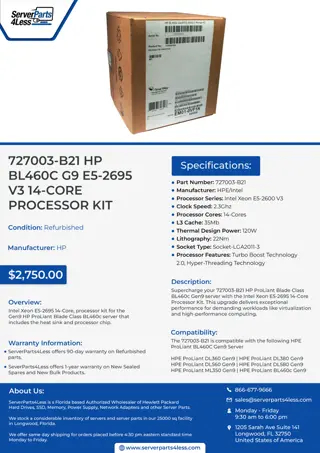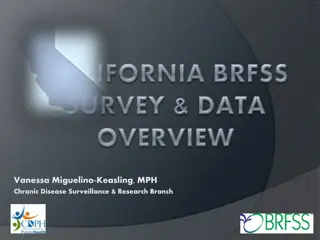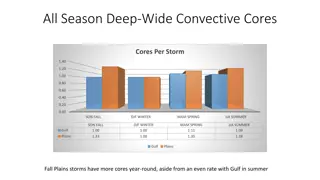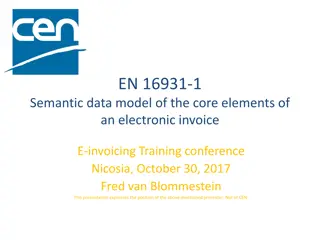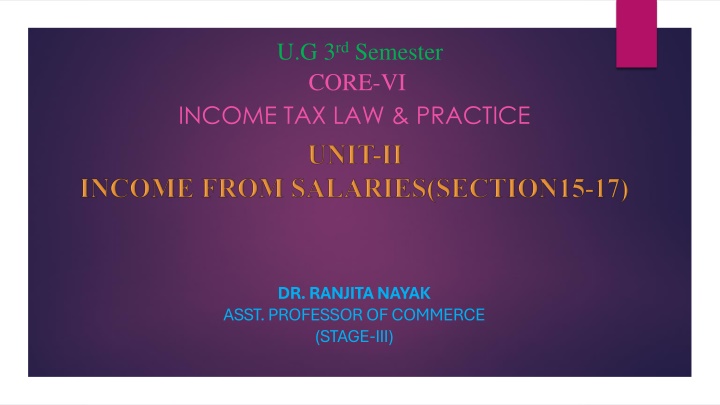
Income Tax Law and Practice: Salary Income Overview
Explore the basics of income tax law and practice focusing on salary income, including the definition of salary, its characteristics, tax-free salary components, and considerations for taxability. Gain insights into how salary is defined, its tax implications, and various scenarios related to its treatment under the Income Tax Act of 1961.
Download Presentation

Please find below an Image/Link to download the presentation.
The content on the website is provided AS IS for your information and personal use only. It may not be sold, licensed, or shared on other websites without obtaining consent from the author. If you encounter any issues during the download, it is possible that the publisher has removed the file from their server.
You are allowed to download the files provided on this website for personal or commercial use, subject to the condition that they are used lawfully. All files are the property of their respective owners.
The content on the website is provided AS IS for your information and personal use only. It may not be sold, licensed, or shared on other websites without obtaining consent from the author.
E N D
Presentation Transcript
U.G 3rdSemester CORE-VI INCOME TAX LAW & PRACTICE DR. RANJITA NAYAK ASST. PROFESSOR OF COMMERCE (STAGE-III)
INTRODUCTION TO INCOME Tax is charged on the total income of an assessee as per Income Tax Act 1961. Section 5 provides the basis for Computation of total income. Total income is based upon the residential status of an assessee in the relevant previous year. Total income comprises five heads of income. The first and foremost head of income chargeable to tax for an assessee is Income from Salary . Section 15, 16 and 17 of the Act deals with Salary income.
U/S 17(1) HOW SALARY IS DEFINED ? The term Salary includes 1. Wages 2. Any annuity or pensions 3. Any gratuity 4. Any fees, commission, perquisites or profit in lieu of salary or in addition to salary or wages 5. Any advance salary 6. Any payment received by an employee in respect of leave not availed by him during service 7. The total sum accredited to the credit of employees recognized PF to the extent chargeable to tax 8. Transferred balance in a recognized provident fund to the extent it is taxable 9. Amount contributed by the Central Government or any employer to an employee under notified pension scheme as mentioned in 80CCD.
CHARACTERISTICS OF SALARY Employer and employee relationship (Master and servant relationship) No difference between salary and wages Salary from more than one employer Salary from Present, Past or Prospective Employer Receipts from Persons other than Employer
Tax free salary Salary received by Member of Parliament [includes MLA and MLC] Foreign salary and pension Payments paid to legal heirs or widow Family pension Salary of a partner
Salary received by a sole trader from his property Contribution of Central Government in employwees Agniveer Corpus. Payment made after cessation pf employment Voluntary foregoing :Application of salary Previous year for salaries
Previous year for salaries Taxability of salary on due or receipt basis , whichever is earlier. Salary grade/pay scale Advance salary received vs. Advance against salary Arrears of salary received
Salary in lieu of notice No relevance of method of Accounting Salary in Foreign Currency
BASIS OF CHARGEABILITY [SECTION 15] The following incomes are chargeable to Income tax under the head Salaries . 1. Salary due from the present or former employer in the previous year, whether paid or not. 2. Salary paid or allowed in the previous year on behalf of the present or former employer, due or paid in advance. 3. Arrears of salary paid or allowed in the previous year by or on behalf of the present or former employer, if not charged to income tax in any earlier previous year.
As per the provisions of Section 15, the amount of salary due, advance salary and arrear salary received in the previous year from the present or former employer is considered while calculating income from salary. Any salary, bonus, commission or remuneration, by whatever name called due to or received by a partner of a firm from the firm shall not be regarded as salary for the purpose of this section
NOTE : o Salary is taxable on due or receipt basis. o But it should be taxed only once. o For example, if an amount is taxed at the time when it is due, it will not be taxed at the time when it is received and vice versa.
DIFFERENT FORMS OF SALARY Basic salary / wages / remuneration / pay Special pay Bonus [gratuitous / statutory] Fees Commission Advance salary Arrear salary Gratuity Pension / Annuity Leave Salary Provident fund [Taxable portion] Allowances Perquisites
COMPUTATION OF SALARY INCOME Salary income is to be computed in accordance with the provisions contained in Sections 15, 16 and 17. Section 15 provides scope of the head Salary . Section 16 contains provisions relating to deductions allowed out of gross salary income. Section 17 defines various items of salary.
PROVIDENT FUNDS Statutory Provident Fund or theFund to which the Act of 1925(S.P.F) Recognised Provident Fund(R.P.F) Unrecognised Provident Fund (U.R.P.F) Public Provident Fund (P.P.F) Approved Superannuation Fund (A.S.F)
THANK YOU












